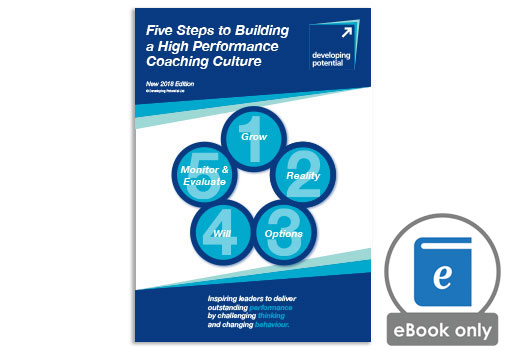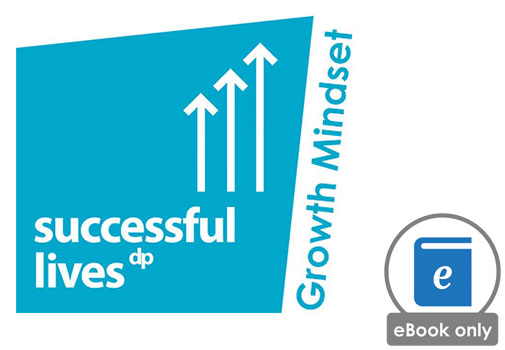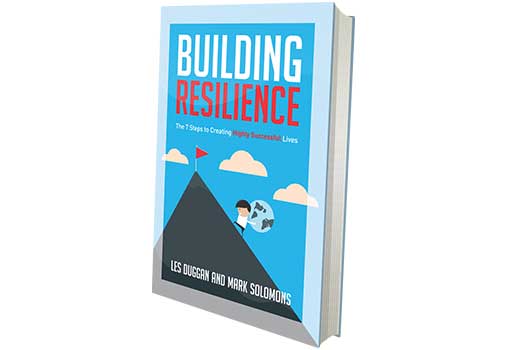
Teachers today have many challenges in school life and one that has recently gained greater importance is the need to be mindful of children’s mental well-being.
Life for children has become more complex particularly through the advent of social media and the adult world emphasis on personality and celebrity rather than character. Society and parents have high expectations of children. They feel they are required to be popular amongst their peers, to achieve outstanding results not only in, but also outside of school and are often expected to conform to the unrealistic body images in the media. Their time is constantly filled with activities as if they are training to be super kids in a race to outperform the opposition. No wonder that at times they can feel anxious. All this pressure brings with it a sense of not being grounded in reality. They feel insecure, they fear failure, conflict and social exclusion. Is it any wonder that significant mental health issues are being reported in the media?
The good news is that all children are inherently resilient and have innate wisdom. The role of teachers and schools is to foster and nurture these qualities.
Of course the question is how this is achieved? Having spent many hours working with teachers and delivering workshops with primary school pupils, we believe the answer lies in three solutions: Coaching, Resilience training and a focus on a Growth Mindset.
While these are fundamental to success, teachers have also pointed out that the first step to enabling young people to develop is to create an environment where pupils feel both physically and psychologically safe and every child is given the opportunity to have a voice.
Coaching: This may seem like a strange place to start when talking about developing mental wellness however, the two pillars of coaching ’Awareness & Responsibility’ are the keys to unlock the potential of young people. You can’t change anything you aren’t aware of and asking effective coaching questions begins the process of self-realisation, in effect what is important to young people. Once pupils have clarity on what they want (goals) and what is real, they can then choose options which support their personal journey. In coaching we strengthen an individual’s ability to respond positively (responsibility) to any given situation to gain the best outcome for themselves.
Resilience: Whilst all children have inbuilt resilience it can be enhanced by sharing with pupils the principles of developing this quality. Through a great deal of research and empirical learning with schools we have identified 7 steps that support resilience.
Place: Most people would understand the term growing pains and building resilience is very similar. Some parents think that if they protect their children from every possible ill they will be safe. However a better strategy is to help young people try new things, to engage with life and step out of their comfort zone. It may be one step at a time but every little hurdle overcome, strengthens resilience and supports mental well-being. So we put ourselves in the place of most potential for us to grow and develop.
Passion: Building self-worth is an important starting point in the resilience journey. It is essential that young people are given an opportunity to explore their strengths and interests. When they start to find out what matters to them it gives them renewed energy and helps them define who they really are.
Purpose: To know that you have something to offer to the world gives a young person a sense of meaning and purpose. It may not be immediately obvious what it might be but the exploration of this concept is important for their long term well-being. It can be immediately made practical by asking each child what they can contribute to the class and the school is a good first step.
People: Most human beings are by nature social and thrive best when collaborating with friends, family and peers. It is probably true to say that we can’t like everyone however we can all learn to respect one another and focus on similarities rather than differences. We need to teach pupils the necessity of building a strong support group and in the classroom working to get on with others is a good way forward.
Planning: One of the cornerstones of Cognitive Behavioural Therapy is the use of goal setting. Young people can often feel that they have no control but by giving them the skill to plan and execute small goals they realise that they can influence what happens in their lives.
Positive mindset: We are all prone to react negatively to situations through fear however with conscious effort we can respond to life with courage and ambition. We can practise positive thinking by using affirmations and can learn to choose positive language to reinforce empowering beliefs.
Physical action: Resilience starts with being physically well and it is important to teach young people about the benefits of healthy eating, hydration, physical exercise and effective sleeping habits. It also includes making wise choices and taking responsibility for our own behaviour.
Growth mindset: Young people sometimes dislike taking on learning challenges because they are afraid of failing and possibly look foolish in front of their peers. We need to teach that it’s OK not to get things right first time and that success comes from effort and practise not just from being talented or clever. It’s also important that each child understands that comparing him or herself with others is not helpful. Setting personal best’s is a good way of avoiding this trap.
Life for young people today is challenging yet working with teachers and pupils has shown that they can thrive, be happy and well adjusted. Our experience is that with a little help they can achieve their potential and establish well-being.
Continue the Conversation
For more information on coaching find Les from Developing Potential on Twitter @lesduggan
Les is available for inset days in your school. Contact Linda on 01457 821 811 for more information or to book. You can also find out more information here.
Related Publications
Les is a highly experienced one-to-one executive coach, facilitator and leader. He is one of the founding Directors of Developing Potential Ltd, a not for profit company set up with Olympian Dr David Hemery CBE to focus on high performance in Business, Education and Sport.









